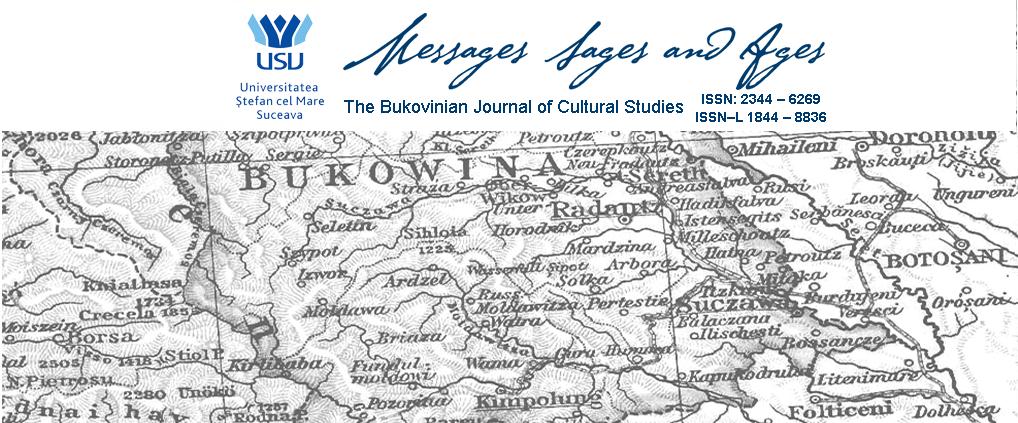The representation of im(e)migration in Romanian-language cultures is undergoing dramatic change. Migration in the UK, working knowledge of English, and the ready availability of online English-language news to (young and adult) Romanian audiences are significant means for diffusing a culture of anxiety about labor migration; such views have become gradually embedded in Romanian media. In particular, British tabloid reports on migration have shaped a social imaginary on emigration (and immigration), contributing to the articulation of local media stories and mainstream cultural meanings among Romanian-speaking audiences. Labor migration, as either glamorized or denounced, is framed in culturally conditioned, non-empirical terms, otherwise foreign to contexts such as Romania (still an emigration country). A comparative case study between English and Romanian-language media, that aims to show mostly linear, one-way effects on Romanian news and opinion, is proposed.
Onoriu Colăcel is Professor of English at Ștefan cel Mare University of Suceava, Romania, where he teaches literature and culture. His main research interests are concerned with postcolonial studies, cultural memory and patterns of self-identification in literature, media and popular culture. He has authored four books (e.g., Postcolonial Readings of Romanian Identity Narratives, 2015, and The Romanian Cinema of Nationalism. Historical Films as Propaganda and Spectacle, 2018) and has co-edited (with Anastasiya Astapova, Corneliu Pintilescu and Tamás Scheibner) Conspiracy Theories in Eastern Europe: Tropes and Trends (2021).
